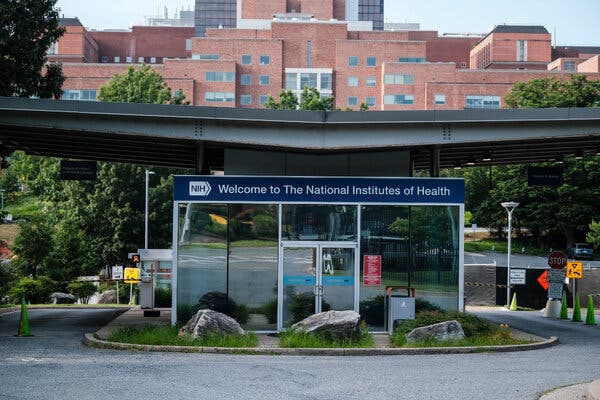Two prominent scientists have filed whistle-blower complaints alleging that they were removed from their leadership roles at the National Institutes of Health (NIH) after raising concerns about the Trump administration’s efforts to undermine vaccine initiatives. The complaints, submitted late on March 15, 2023, highlight significant internal tensions at the NIH, which has long been a global leader in vaccine research.
Dr. Jeanne Marrazzo, formerly the director of the National Institute of Allergy and Infectious Diseases (NIAID), and Dr. Kathleen Neuzil, who directed the Fogarty International Center until mid-April, claim their objections to the administration’s actions led to their dismissal. They contend that there was a pervasive “hostility” toward vaccines among senior officials within the NIH, a sentiment that they believe hindered essential research and compromised public health efforts.
The complaints detail how the Trump administration allegedly sought to politicize the NIH’s grant-making processes, flout court orders, and restrict research funding. These actions reportedly created an environment that stifled scientific inquiry and led to a chilling effect on vaccine development, which could result in preventable infections across the nation.
The allegations have been echoed by other former health officials, who warn that the government’s stance on vaccines has fostered dangerous, unscientific views that could jeopardize public health. Concerns have been raised that such policies not only threaten current vaccination efforts but also limit federally funded research aimed at developing future inoculations against infectious diseases.
Dr. Marrazzo and Dr. Neuzil’s complaints shed light on the internal strife at the NIH during a critical period when the public’s trust in vaccines was crucial. The NIH, under the leadership of figures like Dr. Anthony S. Fauci, has played a pivotal role in advancing vaccine research and public health initiatives. The recent allegations serve as a reminder of the challenges faced by scientists striving to uphold scientific integrity in the face of political pressures.
As discussions surrounding vaccines continue to unfold, the implications of these complaints could resonate beyond the NIH, influencing the broader landscape of public health and vaccine confidence in the United States. The ongoing scrutiny of federal health policies underscores the need for transparency and adherence to scientific principles in managing public health crises.


































































